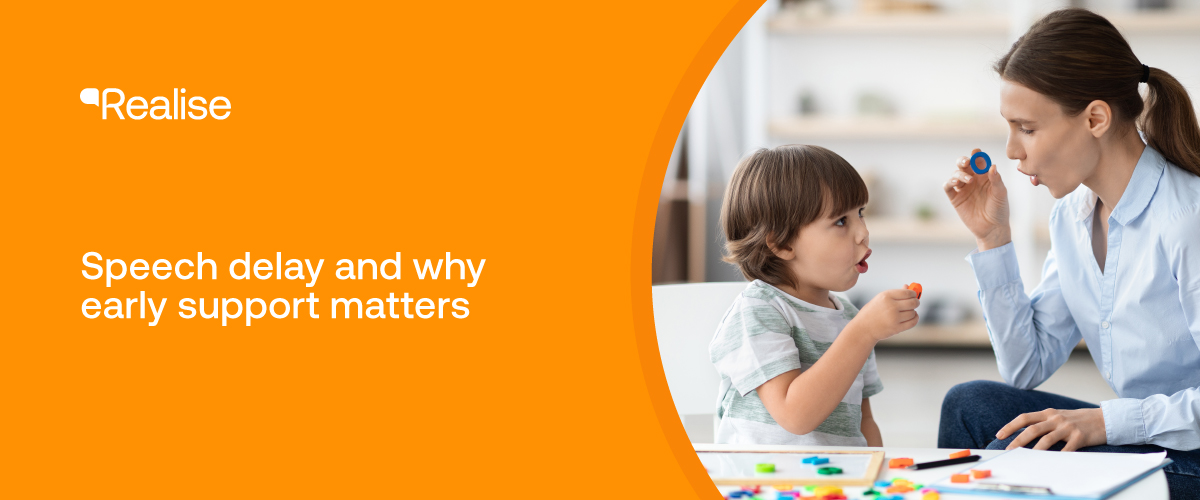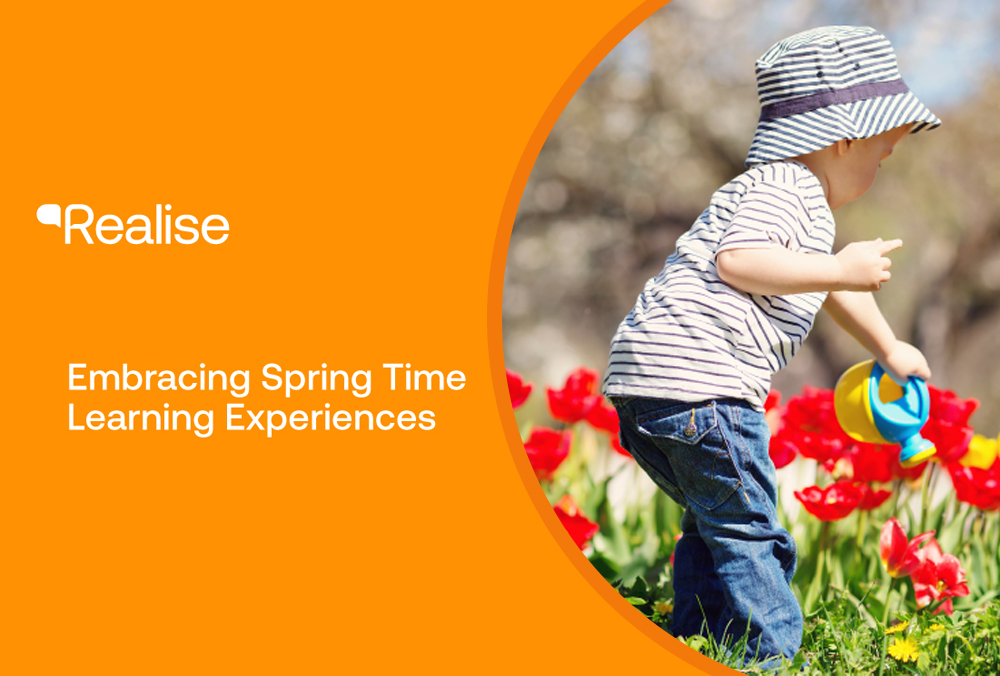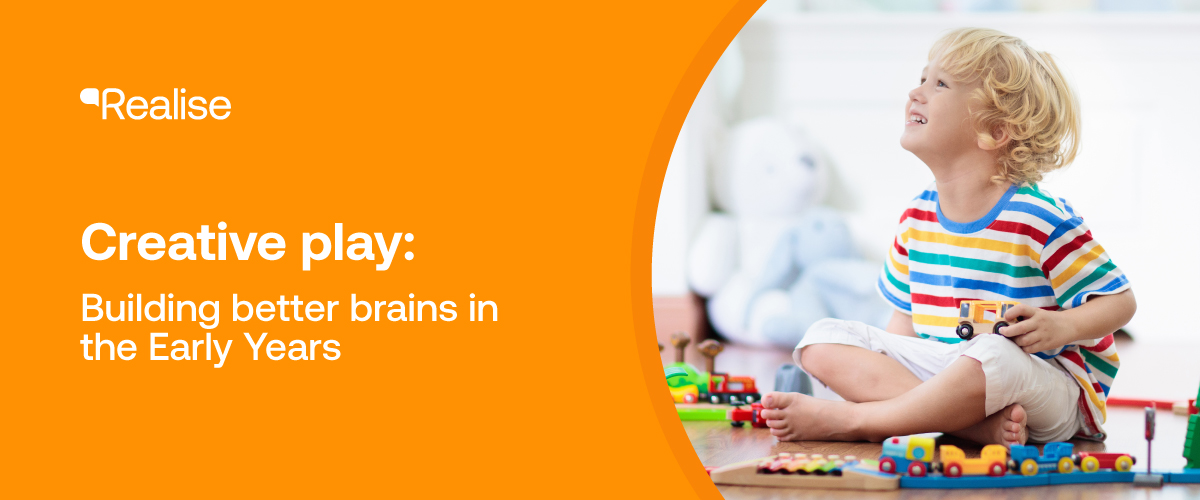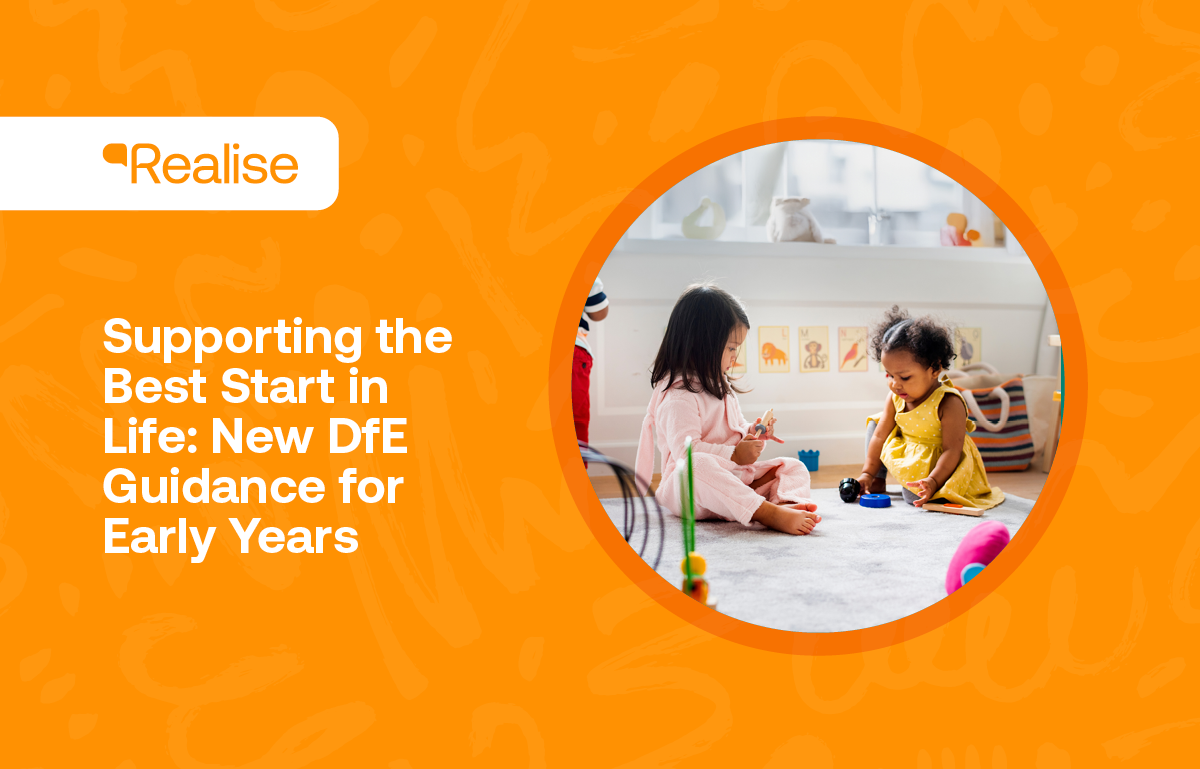

Speech delay and why early support matters
Speech delay and why early support matters
-
 Laura Hodges
Laura Hodges

Every child deserves the chance to be heard. But right now, in the UK, 1.9 million children are struggling with speech, language, and communication. Without the right support early on, these difficulties can affect how well children do in school, how they make friends, and how they feel about themselves.
Children’s early language skills are one of the strongest predictors of later success in education. By the time children start school, they should ideally know and use around 1,500–2,000 words. These words help them understand instructions, express their ideas, ask questions, and join in classroom learning.
A well-known study by Hart and Risley found that by age three, children from language-rich homes had heard about 30 million more words than children from homes with fewer spoken interactions. This is now known as the “30 million word gap.”
This gap isn’t just about the number of words - it’s also about the range and quality of language children hear. Children who hear more varied and complex language in their early years tend to:
- 1. Have larger vocabularies
- 2. Develop stronger grammar and sentence structure
- 3. Do better at reading and writing in primary school
- 4. Build better social and emotional skills
When children start school with fewer words and less confidence in speaking, they may struggle to keep up - and the gap can grow wider over time. But the good news is early intervention works.
The statutory two-year check is a vital opportunity for early years professionals to spot potential speech and language delays. Catching concerns at this stage means children can get the support they need as early as possible - often before they even notice the gap themselves.
To help close this gap, the Early Talk Boost research project, delivered with the Education Endowment Foundation (EEF), is now open for expressions of interest.
Early Talk Boost is a targeted, evidence-based programme designed for children aged 3–5 with delayed language. Developed alongside speech and language professionals, it helps children boost their vocabulary, build confidence, and take part fully in everyday learning.
If you work with young children, this is a valuable opportunity to take part in national research while making a real difference to the children in your care.
5 Ways to build a language-rich environment
Creating a space where children are surrounded by rich and meaningful language every day can support all areas of development. Here are five top tips:
1. Talk throughout the day
Speak to children as you go about daily routines. Use full sentences, name objects, describe actions, and involve children in conversation.
2. Share books and stories often
Stories introduce new words and ideas. Ask questions, repeat favourite lines, and explore new vocabulary in the context of the story.
3. Listen and encourage conversation
Make space for children to speak. Ask open-ended questions, show interest in their words, and build on what they say.
4. Introduce new words naturally
Don’t shy away from complex words—use them in real situations. For example, “Let’s investigate what’s inside the box” or “That butterfly is delicate.”
5. Use songs, rhymes and role play
These activities build rhythm, memory, and creativity—perfect tools for developing language in fun, engaging ways.
As early years professionals, your role is vital. With the right tools and support, you can help children build the language skills they need to thrive - both now and in the years to come.
Looking for a spring time learning experiences
Educators can ensure that each activity serves a clear purpose in supporting the developmental needs and interests of the children.
Discover our courses











